It is believed that we are born with emotional feeling centers fully wired and ready to go. Therefore, our bodies and our world are from an early age dominated by feelings. We express these feelings beginning with non-verbal cues, actions, and body language. The logical parts of our brain that incorporate problem-solving, impulse control, empathy, and emotional regulation are at birth immature and require some work and input to develop with us over time. It is even thought that this part of our brain is not fully developed until our late twenties. Hence needs to be nurtured and fed through exercise and strategies that way, like any muscle in the brain, it can be strengthened.
So how can we exercise such an important muscle from a young age?
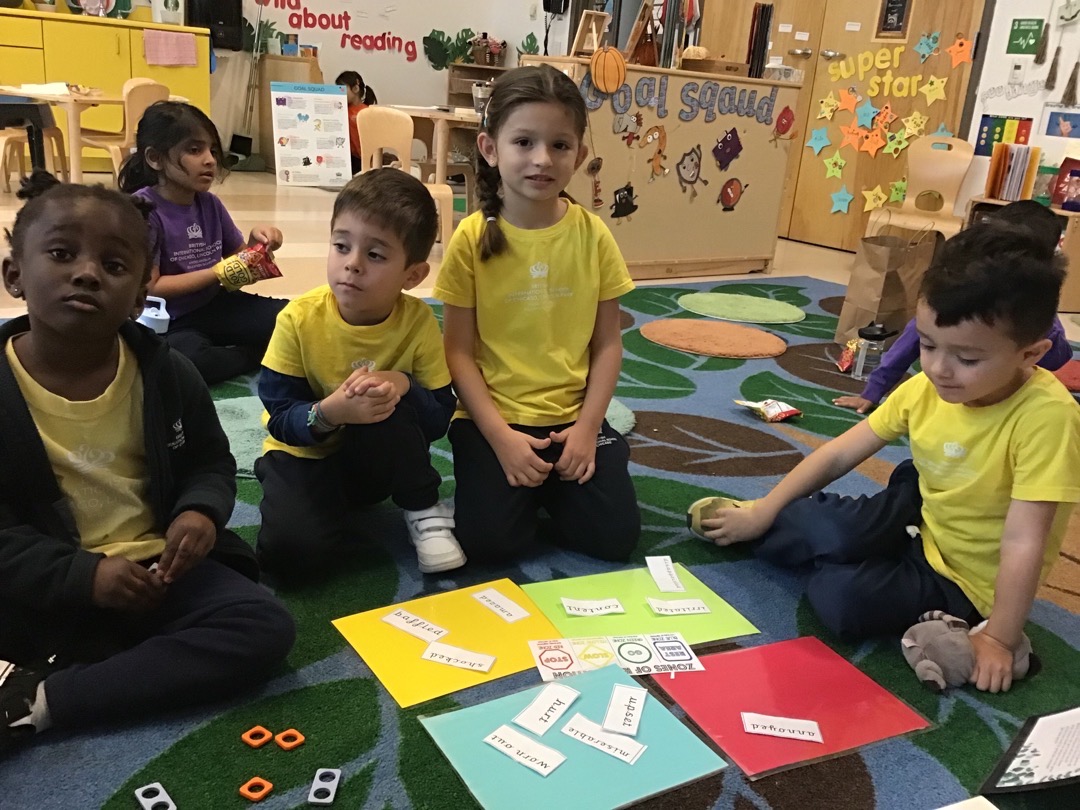
PLAY.
Such a simple, beautiful word which for many of us may harbor fond memories of good old times, probably stress-free. When playing children learn how to set or change rules as they negotiate and socialize with one another. The fun to be had with play cleverly disguises the fact that children are working on many skills including their emotional development.
Within the EYFS Development Matters document, the importance of children developing their Personal, Social and Emotional growth at this foundational stage of learning is given such a presence that it is one of the Prime Areas of development and comes before Literacy or Math. A sub-strand within this area is ‘Self-regulation’, which was added during the revised changes to the document in 2021. Again, it brings to our attention the need to exclusively model, guide, and teach children how to develop and grow within this skill and area of development. This non-academic subject runs at the core of all our early interactions with others and if we fail to get this right, it can lead to barriers and boundaries in skills we are going to carry with us for life.
Emotional development is critical for a child’s welfare (Alwaely, Yousif, & Mikhaylov, 2021).
Interacting with your peers at a young age can be tough. It can still be hard as an adult, but we are more emotionally developed and come equipped with strategies to help us deal with any conflicts that may arise in our daily interactions and work. At BISCLP we have developed a culture within our curriculum of supporting children to develop strategies for self-regulation and their emotional well-being. Within Reception, we spend several weeks on the IEYC topic ‘Mindful Play’, which directly links to supporting emotional growth and self-regulation.
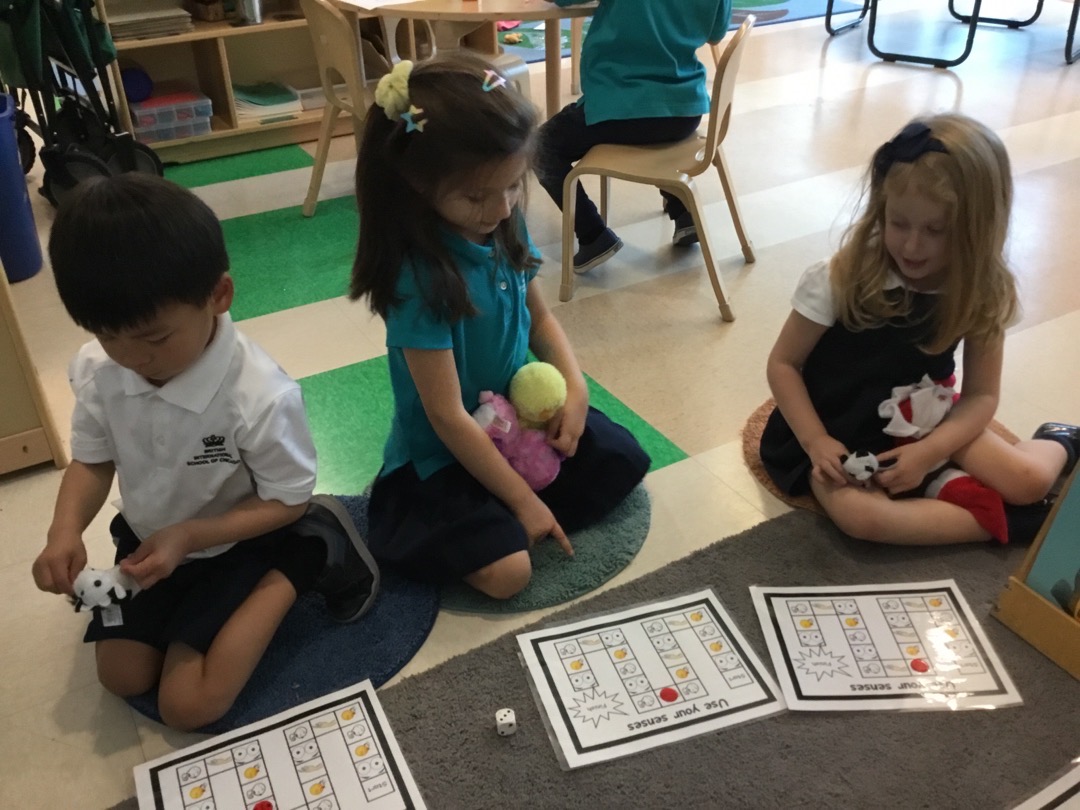
It is widely recognized that play helps reduce children’s stress levels and gives them an outlet to express themselves or things they might be struggling with and perhaps don’t yet have the language to fully explain. Throughout the topic, we aim to develop independence within this area in the children so that they can begin to engage with their senses, noticing how sights, smells and feelings all bring about a range of emotions. Through their play, interactions with peers, and stories, we encourage the children to actively talk about how events and memories induced emotions, feelings, and reactions.
Within their play, we create moments for the children to expand their emotional literacy and vocabulary. Without the depth of emotional language, it becomes challenging to pinpoint those feelings. Hence, it is important to give children the opportunity to hear and use a range of words. The story ‘Pig’s Big Feelings’ has a plethora of words and is a great way to introduce new vocabulary to children.
Modeling is another essential aspect of teaching children how they can regulate their emotions when they feel uncomfortable or unsettled. It is okay to say “I feel frustrated right now, I just need to take 5, so I’m going to move over here and do some belly breaths”. By doing this you are providing the opportunity for your child to observe how to work through emotions and apply the skills independently in a mature manner.
What can you do at home to promote emotional wellbeing within your child?
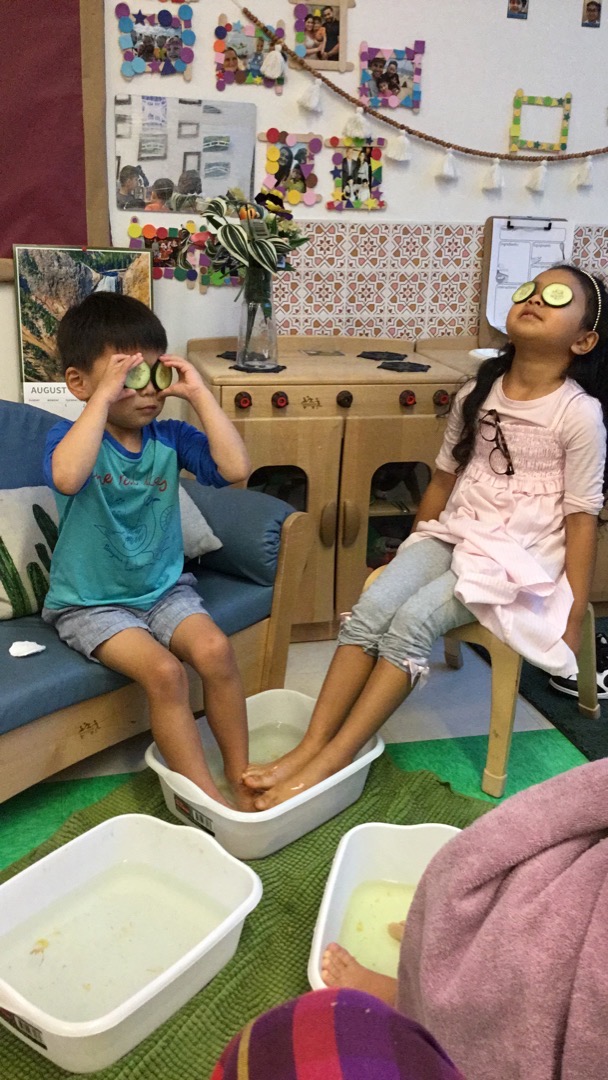
PLAY.
*Use puppets or get involved in their roleplay using everyday scenarios to teach the expectations and emotions that may come up during these times. For example, going to the doctor or a friend moving away.
*Get out those board games – there is plenty to be learned here such as playing fair, and taking turn.
*Engage in sensory play together by using playdough, sand, cooking, or drawing in shaving foam. The focus on the senses teaches mindfulness and helps them learn experientially.
*Model taking mindful moments. Practice mindfulness together. Be fully present in the moment. Notice your feelings, identify them, and then let them go. No emotions are bad emotions.
To say that play is essential to a child’s development is an understatement. Play teaches us all something special about ourselves and it is how young children make sense of the world. It is the foundation for emotional development and the growth of our executive functioning.
Jennifer Partington
Reception Teacher & Leader
References
Alwaely, S A, Yousif NBA and Mikhaylov A (2021) Emotional Development in preschoolers and socialization. Early Child Development and Care, 191(16), 2484-2493.




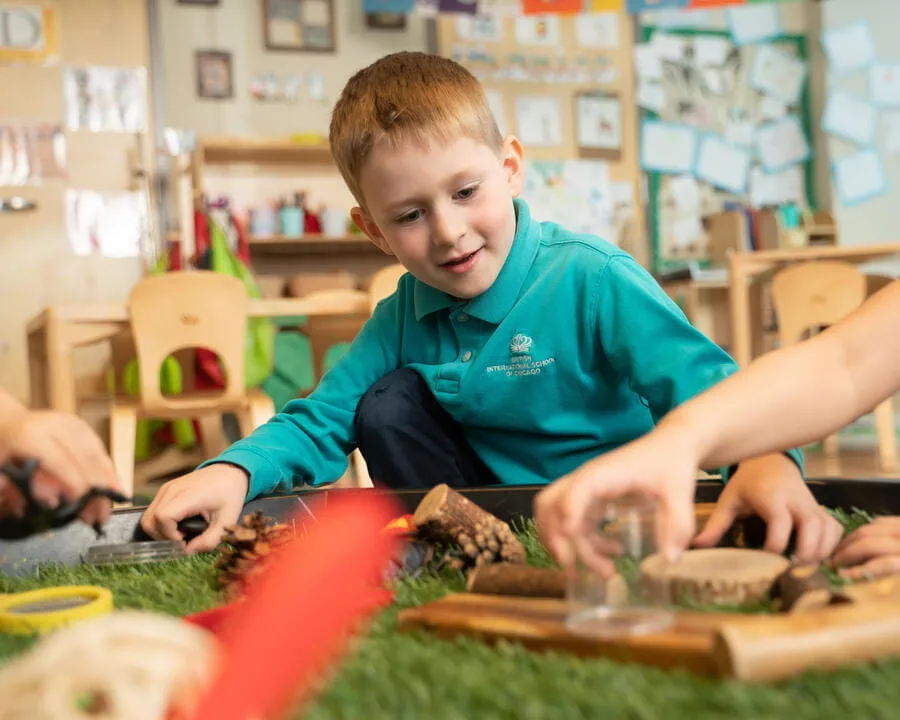




.png?h=720&iar=0&w=1280&rev=090f6aaff5c74988877e2316da2721d6&hash=9F6607FE7CEF7D53B17FB2A670C742F3)
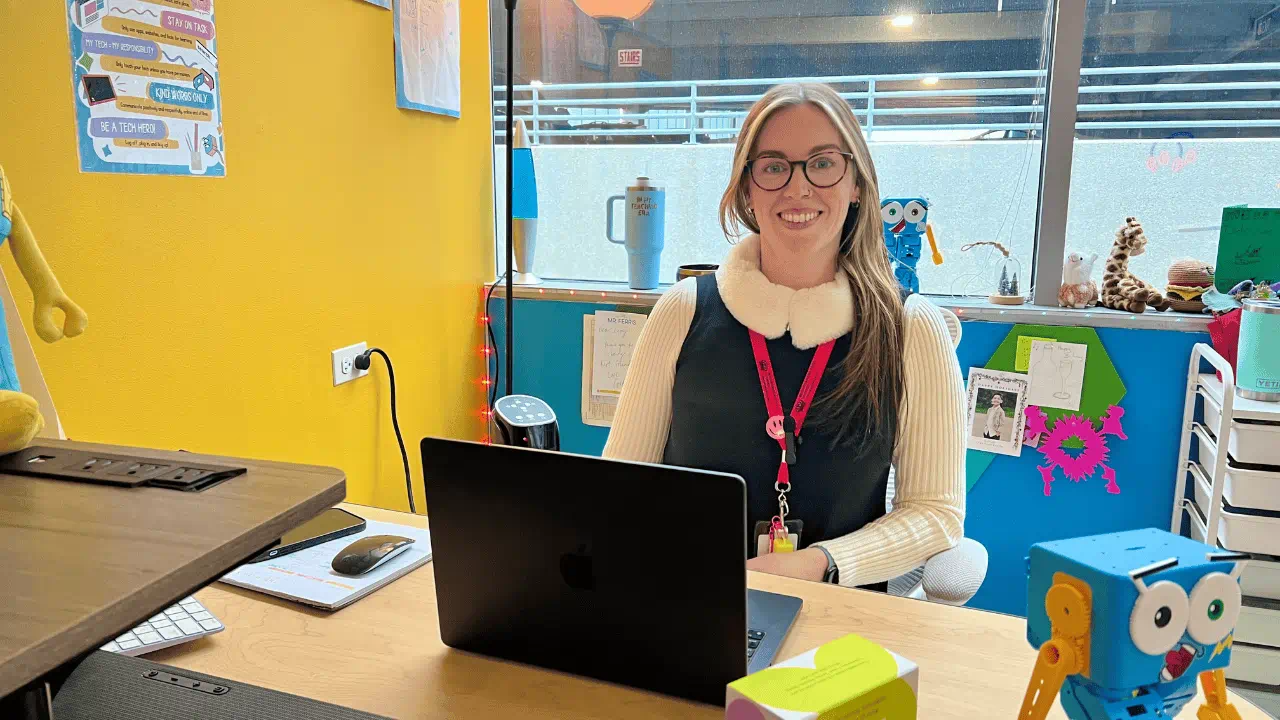
.png?h=720&iar=0&w=1280&rev=2320179e8a134c80a30f57aa0014926d&hash=C88687BFC84BE1EAFF593CD797B94013)